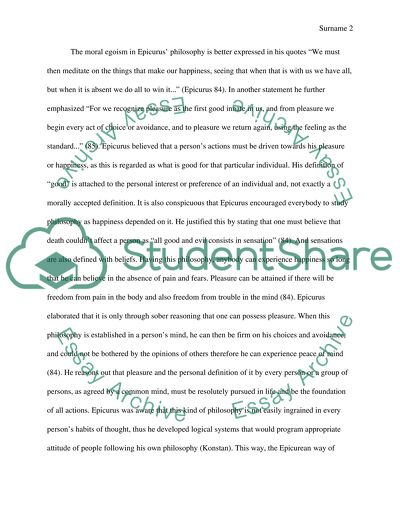Cite this document
(“Epicurus and Hobbes Philosophies: Advocating Moral Egoism Assignment”, n.d.)
Retrieved from https://studentshare.org/philosophy/1399016-see-instructions
Retrieved from https://studentshare.org/philosophy/1399016-see-instructions
(Epicurus and Hobbes Philosophies: Advocating Moral Egoism Assignment)
https://studentshare.org/philosophy/1399016-see-instructions.
https://studentshare.org/philosophy/1399016-see-instructions.
“Epicurus and Hobbes Philosophies: Advocating Moral Egoism Assignment”, n.d. https://studentshare.org/philosophy/1399016-see-instructions.


